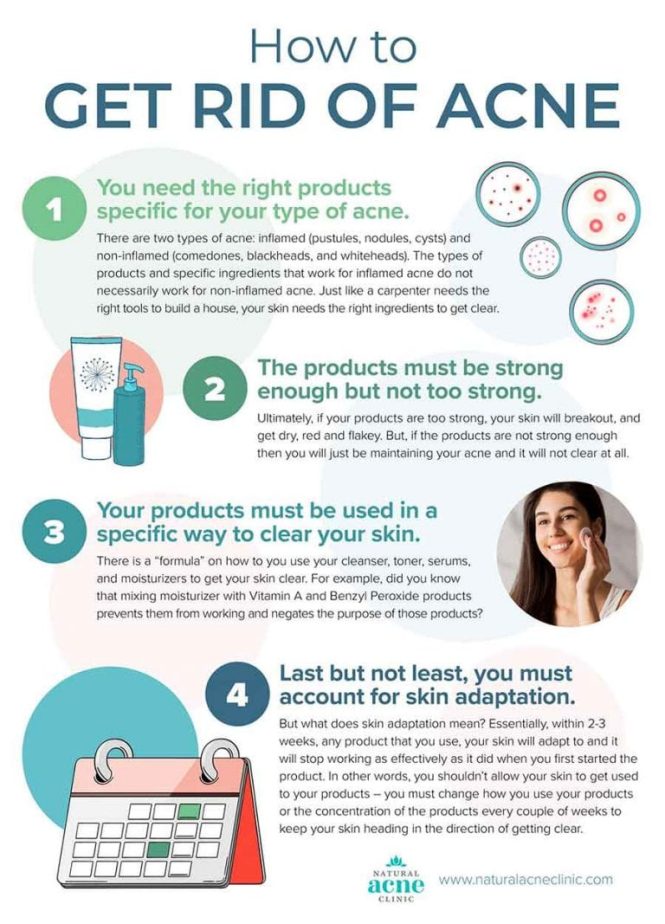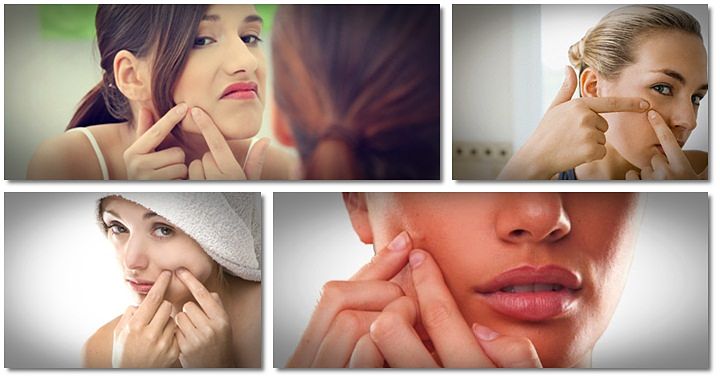

How to Get Rid of Acne Without Drying Out Your Skin is a crucial concern for many individuals struggling with blemishes. Dealing with acne can be frustrating and demoralizing, often leading to feelings of inadequacy and self-consciousness. This comprehensive guide will delve into effective strategies for managing acne without exacerbating dryness, a common side effect of harsh treatments. We’ll explore the root causes of acne, discuss suitable skincare routines, and uncover natural remedies. We’ll also look at how diet, lifestyle, and stress management can play a role in controlling acne outbreaks. This article is structured to help you understand the various aspects of acne treatment and provide actionable advice for achieving clear skin without compromising your skin’s moisture.
Understanding Acne and Skin Types
The Root Causes of Acne
Acne is a common skin condition that affects millions worldwide. It occurs when hair follicles become clogged with oil, dead skin cells, and bacteria, leading to inflammation, redness, and blemishes. Genetics, hormonal fluctuations, and environmental factors can play a role in the development and severity of acne. Understanding the underlying causes can help you tailor your treatment approach. For example, hormonal acne is particularly prevalent during puberty and menstruation due to shifts in hormone levels. Identifying your skin type (oily, dry, combination, or sensitive) is also essential because different skin types require different skincare routines to prevent dryness.
Addressing Different Skin Types
Different skin types react differently to acne treatments. Oily skin often benefits from gentle exfoliation and oil-control products, while dry skin requires moisturizing ingredients to maintain hydration. Combination skin may require a targeted approach, addressing oily areas with oil-control products and dry areas with hydrating moisturizers. Sensitive skin, however, needs extra care with products free from harsh chemicals and fragrances. Consider using a patch test to introduce new products slowly to minimize potential irritation.
Gentle Cleansing Routines
The Importance of Mild Cleansers
Effective acne treatment often starts with a good skincare routine, and gentle cleansing is paramount. Harsh cleansers can strip the skin of its natural oils, leading to dryness, irritation, and even exacerbating acne. Choose a mild cleanser formulated for your skin type, avoiding harsh scrubbing and excessive rinsing. Look for cleansers with ingredients like salicylic acid, but be mindful of their concentration and potential drying effects.
Avoiding Over-Washing
Washing your face excessively can lead to dryness and irritation. Washing your face more than twice daily is generally not recommended unless instructed by a dermatologist. Instead, focus on gentle cleansing methods and techniques that effectively remove excess oil and dirt without disrupting the skin’s natural moisture balance. Incorporating a thorough cleansing routine, with proper hydration, can be a key part of maintaining healthy skin.
Incorporating Hydration into Your Routine
Moisturizing is Key
Even if you have oily skin, moisturizing is crucial for maintaining skin health. A good moisturizer can help replenish moisture lost during cleansing, preventing dryness and potential breakouts. Select a moisturizer appropriate for your skin type, avoiding comedogenic products that can clog pores. Look for moisturizers with humectants like hyaluronic acid, which attract and retain moisture in the skin.
Using Serums for Targeted Results
Serums are concentrated treatments that can provide targeted results for addressing specific skin concerns. Consider serums with ingredients like vitamin C or niacinamide, which are known for their anti-inflammatory and antioxidant properties, beneficial for calming acne-prone skin. Always research and choose the right product for your skin type and concerns. Look for serums that promote skin hydration and support the moisture barrier.
Diet and Lifestyle for Healthy Skin
Nutrient-Rich Diet
Maintaining a balanced diet rich in fruits, vegetables, and lean proteins can support overall skin health. Antioxidant-rich foods and omega-3 fatty acids can be beneficial. A diet deficient in nutrients may contribute to inflammation and acne. Stay hydrated by drinking plenty of water, as hydration plays a significant role in skin health and can prevent dehydration that can lead to dry, sensitive skin, making it more susceptible to breakouts.
Stress Management Techniques
Stress can significantly impact skin health. Chronic stress can exacerbate acne outbreaks. Incorporating stress-reducing activities, such as yoga, meditation, or spending time in nature, can contribute to clearer skin by reducing hormonal imbalances linked to stress.
Natural Remedies and Acne Treatments
Exploring Natural Acne Remedies
Some natural remedies, like aloe vera or tea tree oil, have shown promise in managing acne. However, always test these remedies on a small patch of skin before applying them to your face to check for any adverse reactions. Research the potential benefits and risks of using natural remedies and consult with a dermatologist for personalized advice, especially if you have sensitive skin.
Product Reviews and Choosing Wisely
Thorough research on specific acne products is crucial to choosing ones appropriate for your skin type. Look for reviews and testimonials from others with similar skin concerns to assess product efficacy. Understanding the ingredients and their potential effects, especially on dry skin, can be vital to making an informed purchase.
In conclusion, combating acne without causing dryness requires a multifaceted approach that prioritizes gentle cleansing, hydration, and a balanced diet. By understanding your skin type, addressing potential underlying causes, and using the right products, you can effectively manage acne without compromising skin health. Remember to consult a dermatologist for personalized advice if your acne persists or worsens. Ready to achieve clear, healthy skin? Start incorporating these tips into your routine today!